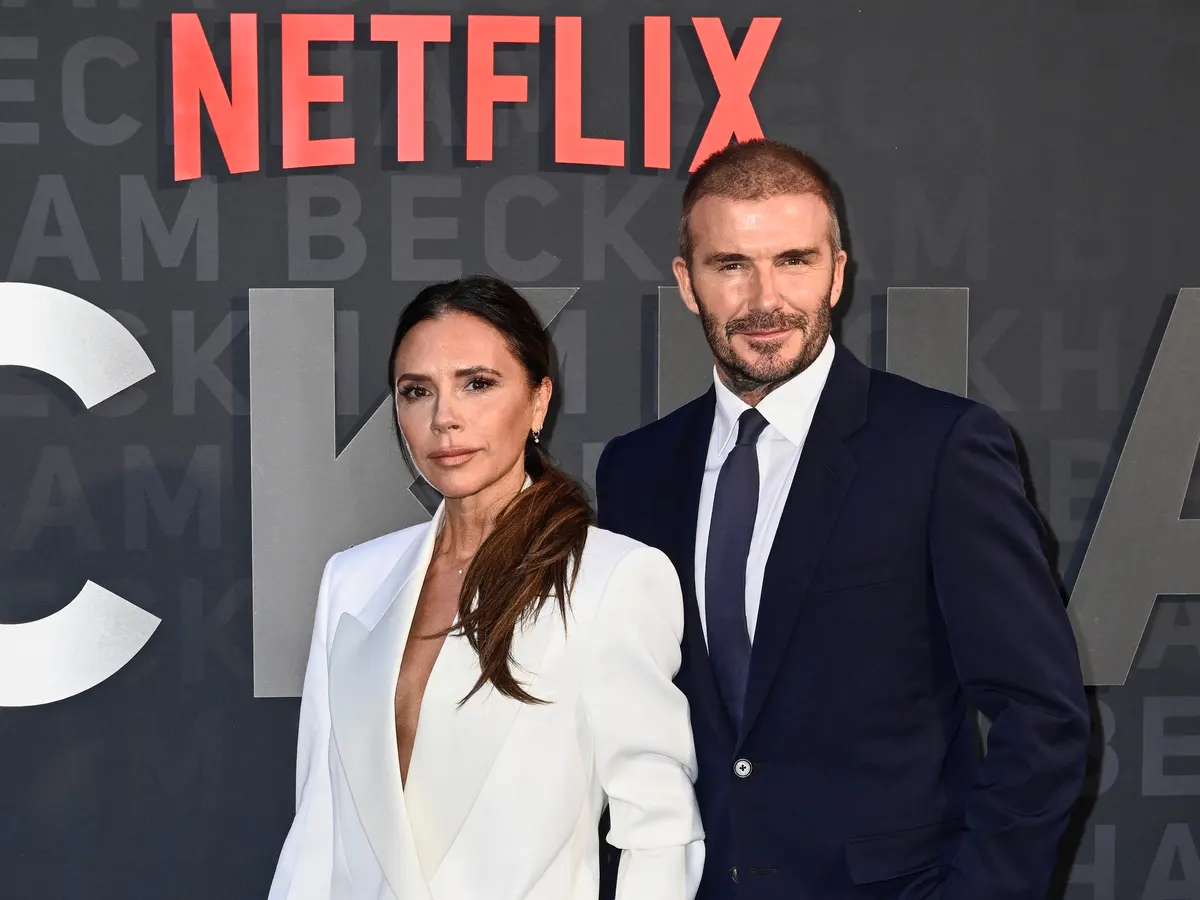Covering the legendary life and career of David Beckham, Beckham hit Netflix last week to plenty of fanfare. But the four-part docuseries gives us much more than what we’ve come to expect from this rapidly growing genre.
Bio-documentaries have become extremely popular over the past few years, almost on par with true crime. It was only a matter of time before one was made about David Beckham, perhaps the most iconic footballer of his generation. A wunderkind turned superstar, with an equally as famous wife, that faced both the ire and adoration of an entire nation — it was truly a no-brainer.
Now over a decade since he last stepped on the pitch professionally, Netflix has released a four-part docuseries, fittingly titled Beckham. Clocking in at a tad over four hours in total, each episode is just over an hour long and it does not overstay its welcome like many other over-extended multi-part documentaries. Beckham has a lot to discuss, and it takes the bio-doc and and tweaks it just enough to make it something new while not straying away from a form we know and understand.
But what the series does best and what separates it from other sports bio-documentaries is it really isn’t a bio-doc, it’s an origin story: it’s the legend of David Beckham.
The series opens five years into his career with the goal from the halfway line. In fact, we really don’t get into his childhood until deep into episode two. Pre-United in Beckham’s life is used and brought up when it’s a natural segue with a moment in his career.
We do learn a lot about Beckham and his relationship with his father. It’s not entirely surprising to hear how hard his father — a Manchester United-obsessive — was on him. But Beckham seems appreciative of his father’s tutelage, as he makes mention multiple times of how his upbringing prepared him for moments both on and off the pitch.
As you’d expect, part of the series functions as a Beckham highlight reel. As a player he was supreme — the star of the treble-winning 1999 United team and with over half of his 115 caps for England coming as captain — that simply doesn’t happen by chance or by looking good.
You may have your image of him but Beckham reminds you of the facts. Sir Alex Ferguson introduced him to train with the senior squad at 13 and his debut was at 17 (he scored by the way). Growing up watching Beckham, one thing I always was amazed by was his ability to never seem fazed or really show emotion, and it makes a lot more sense now. By age 24 he had already become the hero and hope of the English national team to becoming its villain after the red card at France 1998. He then became hero again for Man U fans the next year after the treble. But it took the free kick against Greece in 2001 for him to be fully accepted again. He’s been through more in his mid-20s than 99% of society ever will. The entire country had an opinion on Beckham.

Throughout the series we meet players, coaches, family and journalists; all the interviews have them in a relaxed position, with a drink just telling stories of the legend of David Beckham. My favorite editing decision was the intercutting all of the interviewees together, including Beckham. They’ll finish each other’s sentences, directly contradict each other, or just continue the story.
What this does is remove Beckham’s specialness. He’s telling stories just the same as everyone else, he’s a participant not a character in those moments. It gives you enough of the Beckham you know while constantly questioning what you think.
Each episode begins with just Beckham, at home in a non soccer situation. Setting you up from the beginning to be looking over your shoulder, trying to get a sense of where that right winger is but realizing you don’t.
Where this really rings true was learning about Beckham’s relationship with his wife Victoria, and his commitment to her. It was a major strain between his and Ferguson’s relationship. Learning that Victoria had told him she was pregnant before the Argentina game doesn’t excuse his kick out (it’s not worth a red then or now), but it explains why he might have been caught up in his emotions. He’s reserved every other moment of his life, something had to have been different that day, no?
The series follows Beckham all the way through unveiling Lionel Messi this season in Miami, but the first two episodes are solely Man United and he doesn’t join the Galaxy until the final episode. The show focuses on the origin story and rightly so. It doesn’t feel slow and there are not too many episodes, the editing is quite nice and it’s easy to get caught up in the moments. It does the player justice, challenges your image of the man that is David Beckham and gives you a great portrait of one of the game’s most important players in the modern era.








